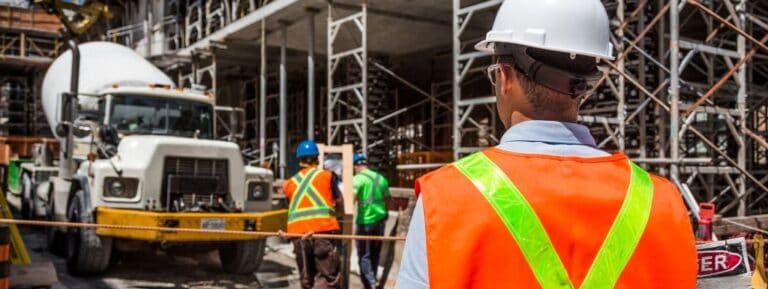Illegal building renovations or work that has not been carried out in accordance with the Building Regulation 2021 (QLD), including work that has been performed without a building permit or by an unlicensed builder, is illegal.
Illegal building renovations can expose you to sanctions from your local council, affect the resale value of your property, and leave you liable if damage or injury is caused as a consequence of a failure of that work.
Whilst the laws may vary from state to state, in Queensland, illegal renovation and other unapproved building work remain illegal until it is approved; there is no time limit under which that work becomes legal. Further, there is a positive obligation on the owner to disclose all illegal building work to potential buyers.
There are several reasons why you should have all building work performed on your property properly certified:
- Firstly, unapproved alterations not only pose a risk to potential occupants, they are illegal. This can expose the owner to any number of sanctions, including council orders to rectify or even demolition orders. The owner is almost always liable for the costs of complying with any council directions.
- Secondly, illegal building renovations can be expensive. Structures that are already installed may need to be removed entirely, discarded, and new approved structures put in their place. For example, unlicensed non-compliant bathroom waterproofing may require that waterproofing to be removed and new waterproofing to be installed.
- Thirdly, it poses a safety risk to occupants, visitors, and other tradespeople for which you are responsible and which is often not covered by insurances.
It is possible, however, to obtain retrospective approval for existing structures. If you have questions regarding whether any building work on your property is certified and/or how to obtain retrospective approval, RCR Lawyers has a dedicated team of legal building experts that can assist you. Contact us today to discuss your circumstances.
The blog published by Rostron Carlyle Rojas is intended as general information only and is not legal advice on any subject matter. By viewing the blog posts, the reader understands there is no solicitor-client relationship between the reader and the blog published. The blog should not be used as a substitute for legal advice from a legal practitioner, and readers are urged to consult RCR on any legal queries concerning a specific situation.



